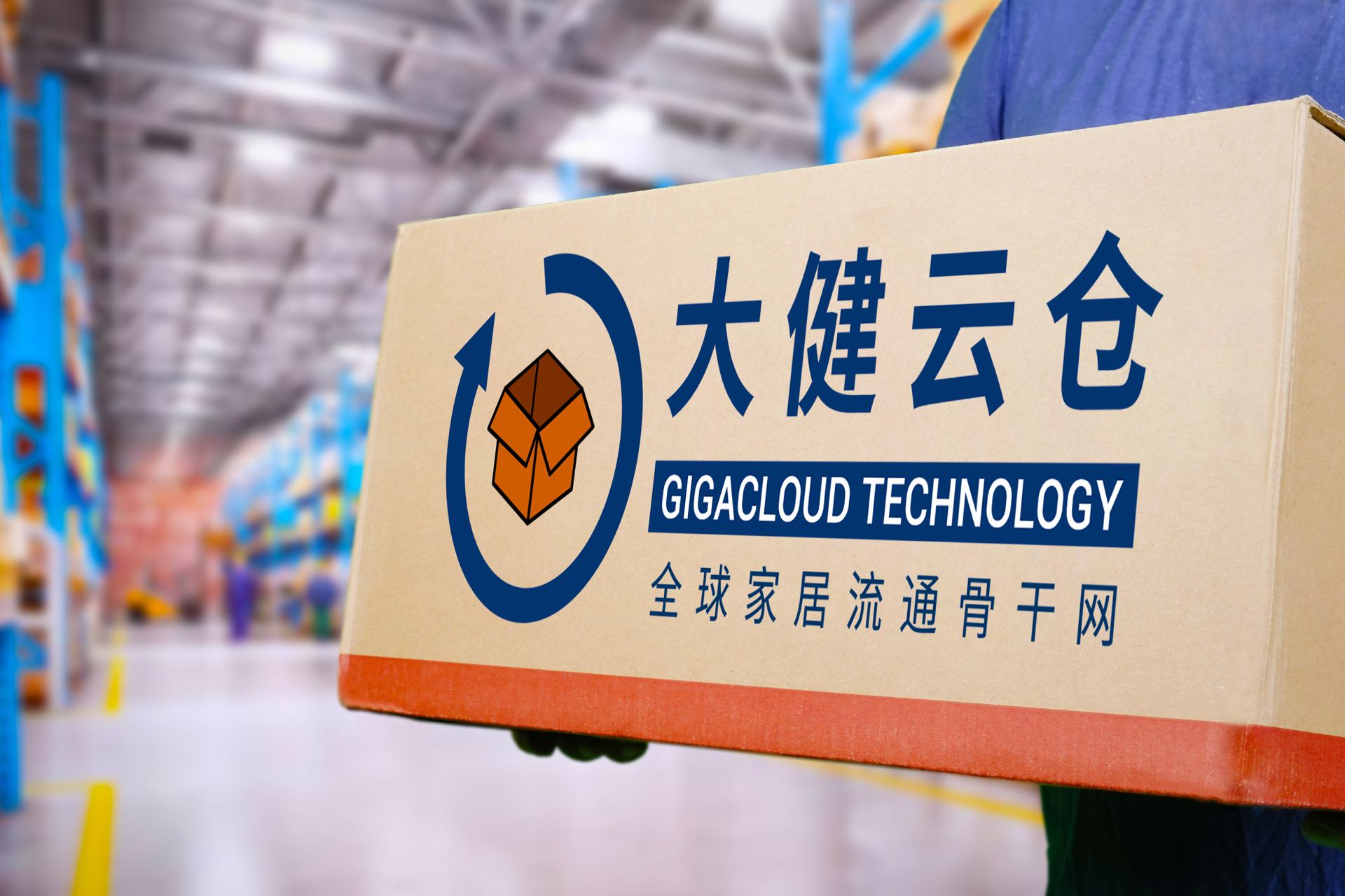GigaCloud Joins Wall Street Parade of China Meme Stocks

B2B e-commerce company’s shares quadrupled on their first trading day, even as its profits and margins are falling
Key Takeaways:
- GigaCloud’s shares quadrupled in their New York trading debut, as the company became the latest newly listed Chinese stock in the U.S. to post massive early gains
- The B2B e-commerce company appears to be the latest meme stock on Wall Street, following an even more meteoric rise this month by the newly listed AMTD Digital
By Doug Young
Who says U.S.-listed China stocks have become investor pariahs?
Not e-commerce site GigaCloud Technology Inc. (GCT.US), whose shares came roaring out of the gate with a 300% jump in their New York trading debut last Friday. The company sold IPO shares at $12.25, representing the upper end of their previously given range. Such strong pricing is always a good indicator of strong investor demand, though it’s unlikely anyone would have predicted the big jump that saw the stock close at $48.01 on its first trading day.
In fact, GigaCloud, which operates a business-to-business (B2B) e-commerce marketplace, appears to be the latest meme stock favored by day traders looking to make a quick buck. Such stocks burst into the headlines last year when traders on the Reddit website managed to briefly bid up shares of laggards like game store operator GameStop (GME.US) and theater operator AMC (AMC.US) to meteoric heights.
Such traders have little or no interest in any of these companies’ actual business, and don’t really care if they are profitable or money-losing. Their only goal is to make some quick money, which many did before the inevitable happened and the stocks crashed.
In a twist to last year’s phenomenon, meme stock mania 2.0 appears to have a uniquely Chinese flavor, and is centered on a group of little-known recently listed companies. We previously wrote about another recent Chinese meme stock, financial services incubator AMTD Digital (HKD.US), whose shares soared from their IPO price of $7.80 in July to an astronomical $2,555. The stock has given back much of those gains since then, though at its latest close of $170 it’s still more than 20 times its IPO price.
Other stocks that have posted similar spectacular gains in recent months include China-based education services company Golden Sun (GSUN.US), whose shares are up more than 12-fold from their June IPO price of $4 to their latest close of $50.85; Hong Kong-based financial advisory services firm Magic Empire Global (MEGL), whose shares rose from their $4 IPO price earlier this month to as much as $207, before falling back to $13; and TOP Financial Group (TOP.US), a Hong Kong-based online brokerage whose shares rose from their June IPO price of $5 to as high as $43, before falling back to their latest close of $10.24.
While Reddit readers were believed to be behind last year’s meme stock frenzy, nobody seems to know who is powering the craze this year, including last year’s Reddit punters who appear equally perplexed about the latest stock gyrations. All of the stocks we’ve mentioned are small- to mid-caps, and each raised relatively modest sums of less than $50 million in their listings. Two of the five are from mainland China, one in education and one in e-commerce, while three are financial services companies from Hong Kong, which is part of China but has a high degree of autonomy.
Not that we encourage this kind of speculation, but anyone with a big stomach for risk could potentially make some quick money from trading in GigaCloud shares if the stock follows the trend of the other China meme stocks before it.
Boring B2B stocks
From our meme stock discussion, we’ll spend the second half of this space looking at GigaSoft’s actual business, which apparently isn’t too important to the people now buying the stock. The company operates online marketplaces connecting large wholesale traders in furniture, fitness equipment and home appliances. It does most of its business over big third-party sites like Amazon (AMZN.US) and Walmart (WMT.US) in the U.S., Rakuten (4755.T) in Japan and Wayfair in Britain.
Truth be told, there’s much less investor interest in these B2B e-commerce sites than in more popular consumer-facing sites operated by Amazon, Rakuten and Alibaba (BABA.US), perhaps because the numbers are much bigger for such B2C sites. Alibaba previously listed its Alibaba.com B2B site, but later privatized it due to lack of investor interest. Another big B2B player called Global Sources followed a similar path, and most of the remaining big B2B names like eWorldTrade and DH Gate are also private.
GigaCloud trades at a price-to-earnings (P/E) ratio of 25 after its big first-day gains, which valued the company at nearly $2 billion. But if we use the $4 IPO price as a more accurate reference, the company’s P/E ratio comes down to a more earthbound 6. That’s far lower than the 41 for Alibaba and the inflated 128 for Amazon, showing just how little respect B2B operators get from investors.
That leads us into GigaCloud’s actual financials that show the company, which is 10.6% owned by e-commerce giant JD.com (JD.US; 9618.HK), saw its revenue rise 50% in 2021 to $414 million, according to the latest version of its IPO prospectus. But that growth slowed sharply to just 19% in this year’s first quarter, when the figure reached $112 million.
The company’s cost of revenue grew a bit quicker than actual revenue, by about 62.5%, to $325 million in 2021 from $200 million in 2020. As a result, GigaCloud’s gross margin slipped to 21.6% in 2020 from 27.3% the previous year, and its profit fell 22% over that period to $29.3 million from $37.5 million. That’s not exactly the kind of stellar performance one would expect from a company whose stock quadrupled on its first trading day.
One advantage the company has over other U.S.-listed Chinese peers is its base in Hong Kong, which has its own laws separate from the rest of China, and also the fact that it does much of its business in other countries outside of China. The company points out in its prospectus that its current auditor is located in China, and therefore doesn’t allow its records to be inspected by the U.S. securities regulator due to Chinese prohibitions. That’s a key sticking point that could get most U.S.-listed Chinese companies kicked off Wall Street.
But GigaCloud also points out that since much of its operations are based outside China, it could easily switch to a U.S.-based auditor that wouldn’t face the Chinese information-sharing prohibitions. That should help to ensure that GigaCloud probably won’t get kicked off Wall Street anytime soon. But it won’t do anything to support the stock once the meme investors are finished having their fun with it.
To subscribe to Bamboo Works weekly free newsletter, click here






